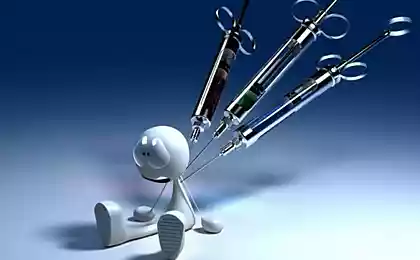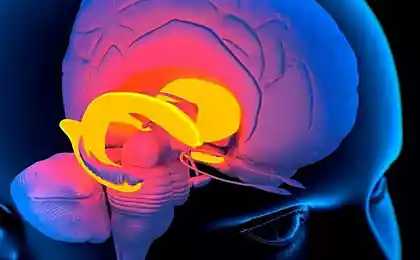389
How to praise so as not to make things worse

The study of Stanford Professor Carol Dvek has shown that when we praise children for their high intelligence, not hard work, it leads to a deterioration of their results and reduce motivation. The reason is that children who are praised for their ability, not effort, felt helpless when faced with setbacks. They were sure that the problem is hidden in their lack of innate skill rather than in zeal and determination when solving problems.
In another experiment, a researcher control group students who do not pass the math test, were offered courses aimed at mastering of effective methods of learning, such as mnemonics. To the surprise of researchers, students slightly improved their performance. The other experimental group was told at the seminars that the brain can be trained to achieve the best result. In the handouts explicitly stated the following proposition: "Studies show that the brain can be pumped in the same way as the muscles". Within a few months the second group showed significant progress in the exam.

Another study showed that children who are praised for effort in age from 14 to 38 months, and not for the intellect, after five years, develop a so-called "positive" type of intelligence and not fixed on its own exceptionalism. It is noteworthy that the praise, which lead to the "fixed" type of thinking, often used by the parents of the girls and positive boys.
Ideas about innate talents and intelligence that you can develop, and also affect adults. People who believe in the existence of a ceiling of their possibilities, do not pay attention to their mistakes and refuse to learn from past experience. They achieve worse results than those who believe that skills can be trained during practice. Also, they are more likely to lie and blame their own failures other — 40% of the students who were praised for their intelligence later lied to the class about their assessments.
Insights Carol Dvek and other scientists make us attentive to the words of praise, as well as new ways to look at how we learn and educate children.published
Read article on the website Big Think.
Source: theoryandpractice.ru
Alex garland: people ruin everything; the machines a pretty good track record compared to us
9 of the best small books
























